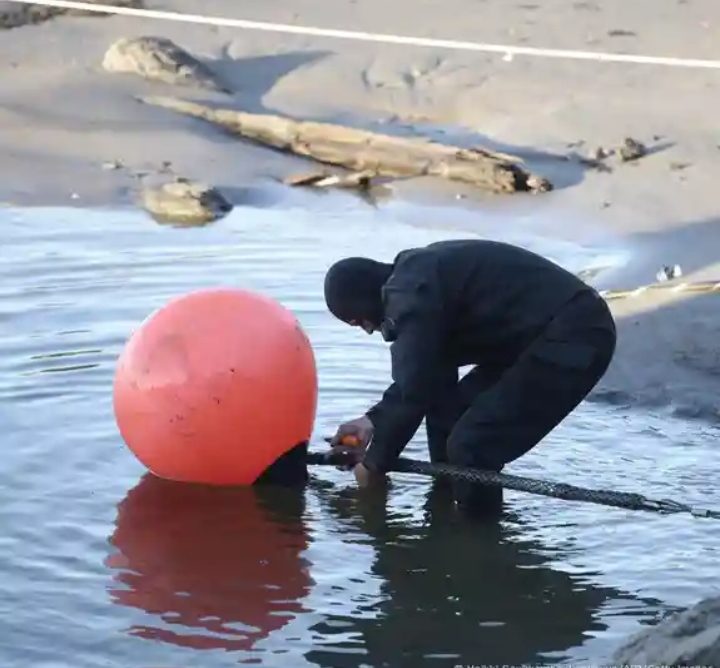NATO members bordering the Baltic Sea gathered in Helsinki following a series of outages and damage to power cables, telecom links, and gas pipelines. They announced the launch of a new mission aimed at deterring such disruptions, which are believed to be linked to Russia.
NATO Unveils Baltic Sentry Mission to Strengthen Pipeline and Cable Security


NATO leaders convened in Helsinki, Finland, on Tuesday to discuss how European countries must be ready to face further incidents in the Baltic Sea, announcing the launch of a new mission aimed at deterring such threats.
NATO Secretary General Mark Rutte shared after the meeting that the new mission, named Baltic Sentry, would involve frigates, maritime patrol aircraft, and a fleet of naval drones to enhance surveillance and deterrence efforts. He emphasized that NATO had observed an array of destabilizing activities, including cyberattacks, assassination attempts, and sabotage—potentially involving the disruption of undersea cables in the Baltic Sea.
This gathering followed a series of disruptions and damages to undersea power cables, telecommunications links, and gas pipelines that have occurred since Russia’s invasion of Ukraine in 2022. Latvian President Edgar Rinkevics acknowledged the challenge of fully securing the busy waterway, with over 2,000 ships passing through daily. He stressed, however, that while 100% protection isn't feasible, a bold response could reduce or even eliminate such incidents.
While the leaders met, Polish public TV reported a new incident involving a Russian "shadow fleet" ship circling the Baltic Pipe, which transports gas from Norway to Poland. However, Polish state broadcaster TVP World later retracted the report, and both the Polish Foreign Ministry and military stated that the event had not occurred.
The term "shadow fleet" refers to vessels used by Russia for illicit activities, such as transporting oil, arms, and grain in violation of international sanctions. These vessels operate without regulation or insurance from conventional Western providers.
The meeting was attended by the leaders of Denmark, Estonia, Finland, Germany, Latvia, Lithuania, Poland, and Sweden, as well as European Commissioner for Technological Sovereignty and Security Henna Virkkunen, and NATO Secretary General Mark Rutte.
In related news, Finnish authorities seized a tanker carrying Russian oil last month, suspecting it had damaged the Estlink 2 power line between Finland and Estonia, along with four telecommunications cables, by dragging its anchor along the seabed. German Chancellor Olaf Scholz remarked that these incidents, including recent occurrences near Germany’s northern coast, should be regarded as part of a hybrid strategy. He underscored the importance of collaboration to ensure greater security in the Baltic Sea region.

 বাংলা
বাংলা  Spanish
Spanish  Arabic
Arabic  French
French  Chinese
Chinese 
